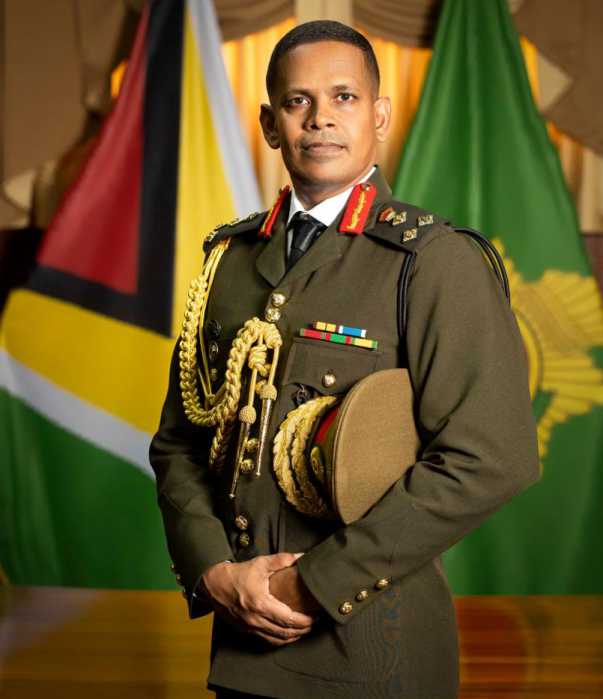Frustrated by garbage pile-ups around the Guyana capital, flooded streets after normal levels of rainfall and a municipal system that barely works, the U.S. government has set-aside a grant to strengthen democracy at the local and grassroots levels, but Guyana authorities have all but stopped short of accusing Washington of moving to destabilize the administration, as the project finally got under way.
Guyana authorities had become suspicious of the U.S. motive after it offered a $1.5M grant to clean up the city, because the U.S. had dared to also include opposition parties and civic groups, to allow them to build local organizations that could run community affairs, rather than have political parties dominate the disbursement.
But once U.S. Ambassador Brent Hardt announced plans for the project, the administration of President Donald Ramotar raised spirited opposition to it, saying it was allowed no input into how the funds were to be disbursed and wanted absolutely no part in its implementation.
Ramotar’s governing People’s Progressive Party (PPP) and Washington have had a long and bitter history of political engagement dating back to the CIA’s well-publicized involvement in Guyana in the ‘60’s when it had successfully destabilized the then left-leaning PPP administration.
Race riots at the time claimed the lives of more than 150 people; large parts of the capital were destroyed by fire and civil service strikes brought life to a standstill. So any move today by the U.S. to involve itself openly in local politics was quickly seen as an effort to once again destabilize a still-paranoid PPP.
In the past week, the level of suspicion and distrust between the two sides boiled over into an interesting exchange between Amb. Hardt and the Guyana governing party.
Cabinet Secretary Roger Luncheon had said that government had rejected the project out of hand because it was presented to them as a done deal and they were only asked to sign on the dotted lines.
“Cabinet had no option but to pull the plug,” said Luncheon, calling the U.S.’ actions “grievous.”
Hardt said there was no such thing as an offer and the understanding was that whether government got involved or not, the (project} was going ahead as planned.
“The project contractor is on the ground. We will engage with those stakeholders who wish to engage. We will continue to work in that spirit. We hope government will find a way to work with us. We have had over one dozen meetings. From the onset of this proposal, we have worked diligently to involve the government and have been working to get the government’s input on this project.”
Hardt and other Western ambassadors are concerned that no local elections for the city and five towns have been held since 1994; that the system is completely broken down and needs reinvigorating with fresh polls. The US envoys had even led garbage clean-up campaigns in the city to make the point.

























